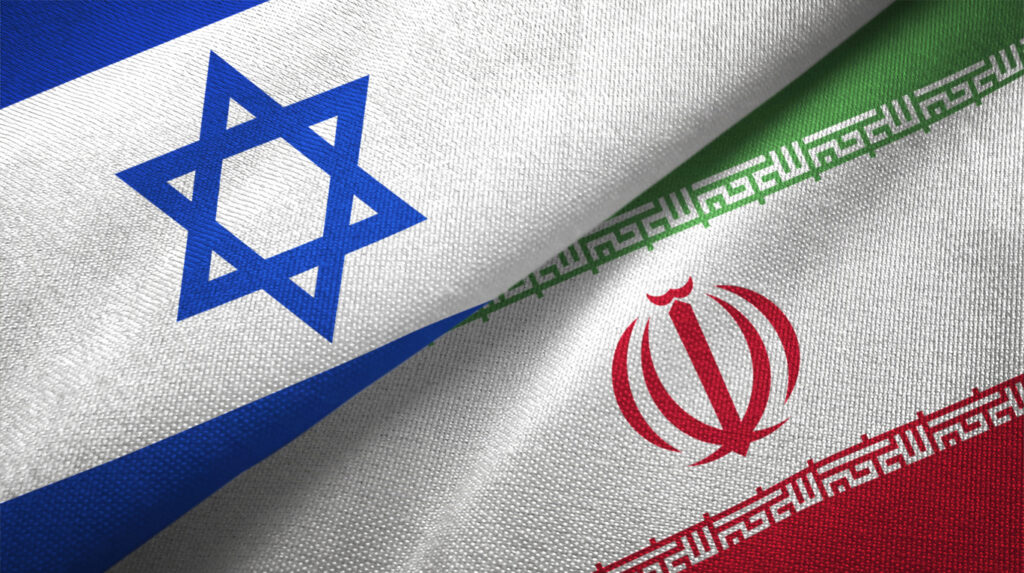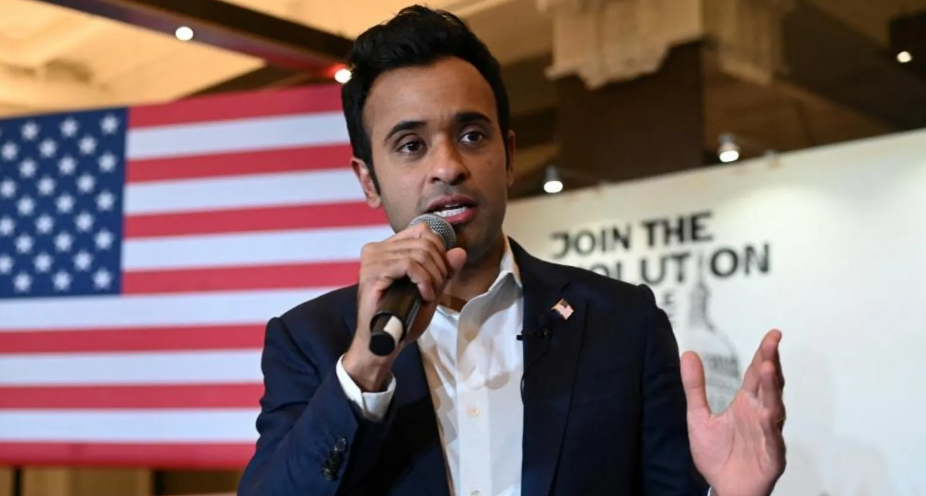
President Joe Biden has communicated to Israeli Prime Minister Benjamin Netanyahu that the United States will not participate in a counter-strike on Iran, urging Israel to consider a cautious approach following Iran’s recent aggressive actions. This decision highlights the delicate balance of diplomatic relations and strategic military decisions that influence peace and stability in the Middle East.
The backdrop of this significant dialogue is a recent 7.4-magnitude earthquake in the geopolitical landscape, stirred by Iran’s direct attack on Israeli soil. Over the weekend, Iran launched hundreds of missiles and drones in a dramatic escalation of long-standing tensions between the two nations. This aggressive move was in retaliation for an Israeli strike on an Iranian diplomatic facility in Syria, which resulted in the death of several top Iranian military commanders.
President Biden’s response to the unfolding situation has been to emphasize diplomacy over further military escalation. During a private conversation with Netanyahu, he expressed admiration for Israel’s defense capabilities which successfully intercepted most of the incoming attacks, suggesting that Israel had already achieved a “win” by thwarting the assault with minimal damage.
The U.S. administration’s stance is clear: while it continues to offer strong rhetorical support for Israel, it is not prepared to engage in an offensive counter-strike against Iran. This position is driven by a broader strategy to prevent a full-scale regional war that could potentially idrnvolve multiple Middle Eastern countries and affect global security, especially given the presence of thousands of American troops in the region.
The Biden administration, including Secretary of State Antony Blinken and Secretary of Defense Lloyd Austin, has publicly condemned the Iranian strike and reaffirmed its solid support for Israel. Biden also announced plans to meet with G7 leaders to discuss a collective diplomatic response, underscoring his preference for handling regional conflicts through dialogue rather than military action.
The conversation between the U.S. and Israeli leaders also touched on the political dimensions influencing their decisions. The Biden administration perceives Iran’s attack as a calculated move, aimed partially at appeasing domestic political pressures without intending to provoke a larger conflict. This is evident from Iran’s ∫ which were likely to be intercepted, and its initial statements suggesting a desire to conclude the matter without further violence.
In Israel, political dynamics are also at play. Netanyahu faces his own pressures, with some speculating that a continued state of conflict might strengthen his political standing. Despite these complexities, the U.S. has advised Israel to remain measured in its response, cautioning against actions that could escalate the situation further.
Netanyahu, in a social media statement, asserted Israel’s resolve to defend itself and achieve victory, reflecting a defiant stance amid these advisements. This statement came alongside reports from Israeli media hinting at a potentially unprecedented response to Iran, although specifics were not provided.
The U.S.’s direct involvement in defending Israel during the attack — with American military forces actively intercepting Iranian projectiles — serves as a potent demonstration of its commitment to Israel’s security and a message of deterrence to Iran. This defensive support underscores the U.S.’s strategic interest in maintaining regional stability and preventing the conflict from escalating into a wider war.
As the situation continues to develop, the international community watches closely. The U.S. maintains its position advocating for restraint and diplomacy, hoping to navigate these turbulent waters without resorting to further military engagement. Meanwhile, the implications of Israel’s next steps remain a pivotal factor in the evolving narrative of Middle Eastern geopolitics.











